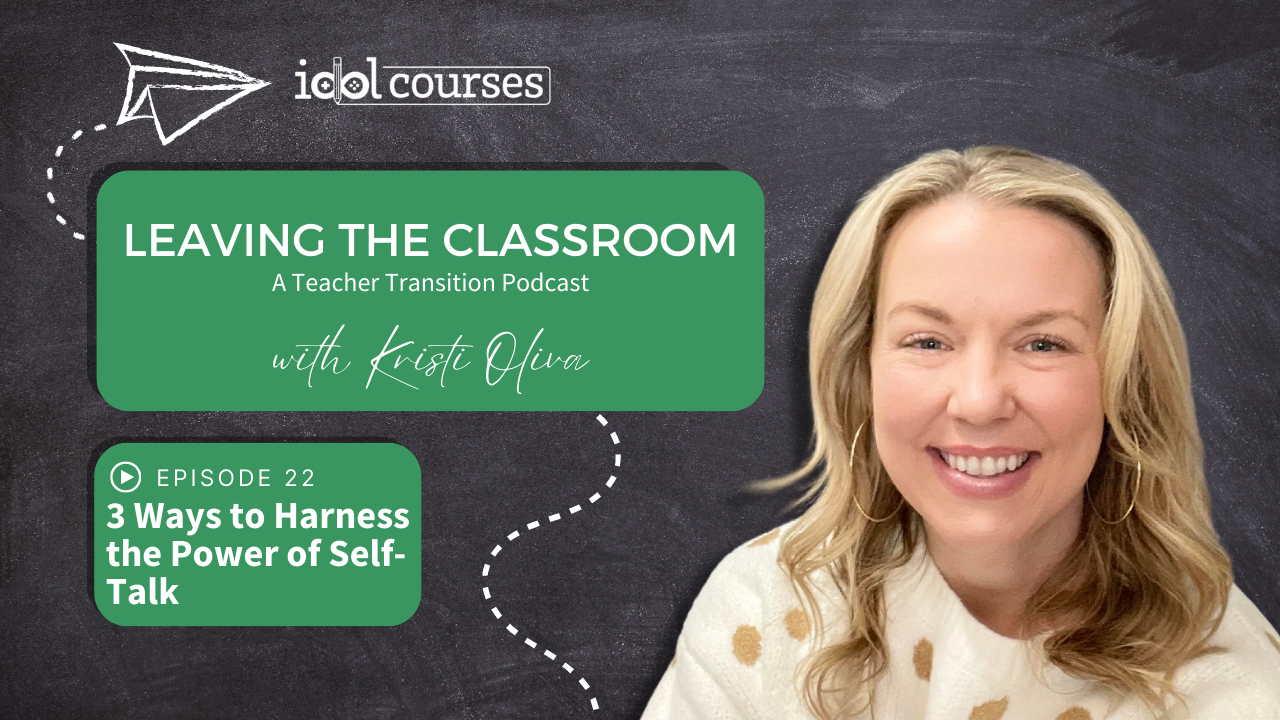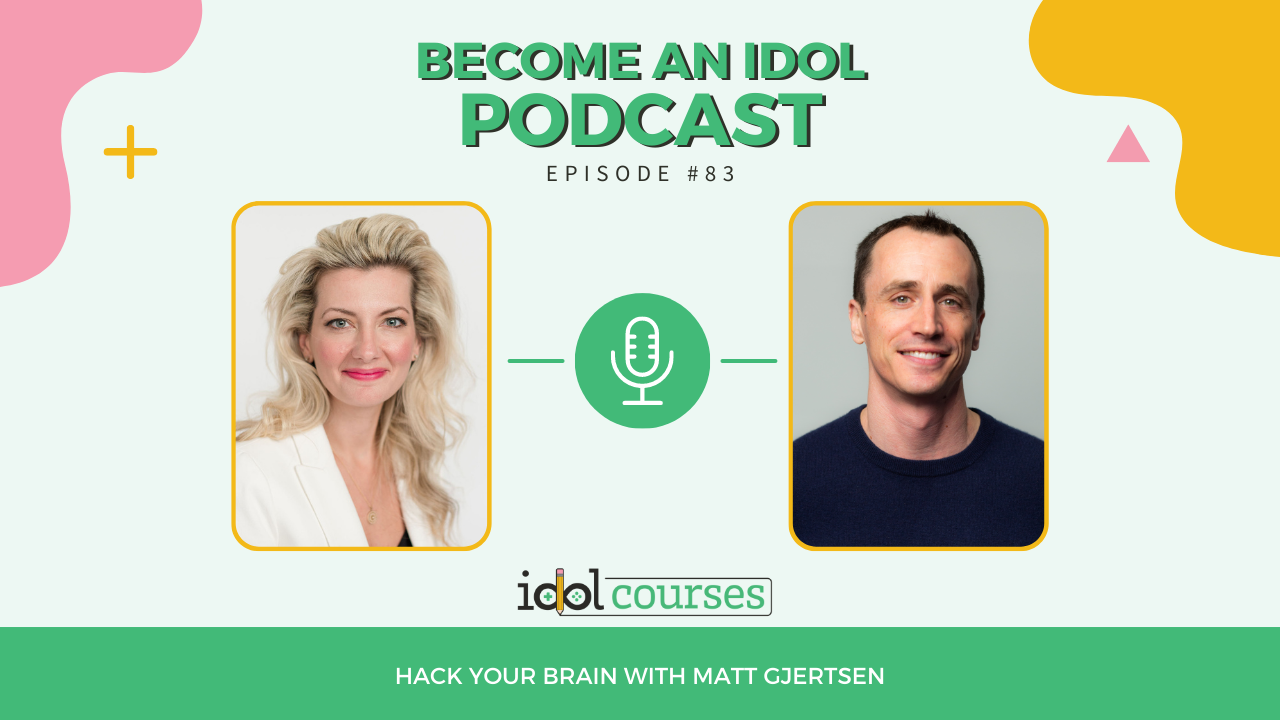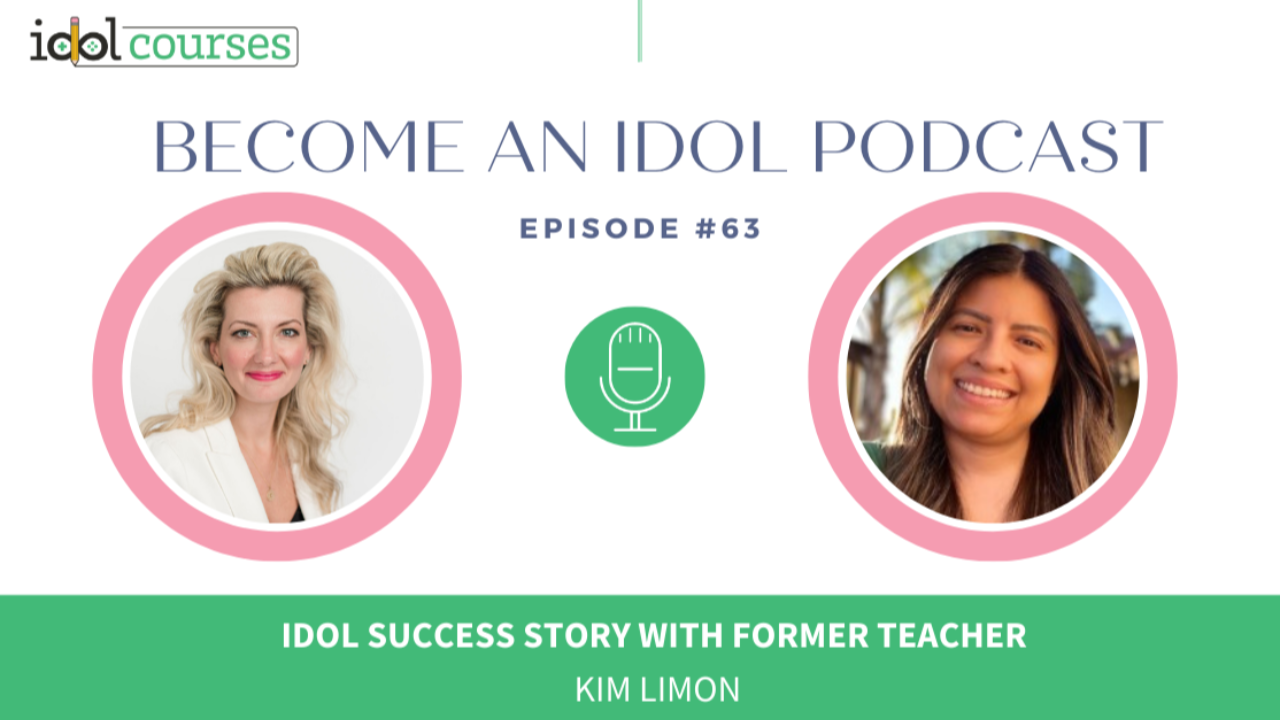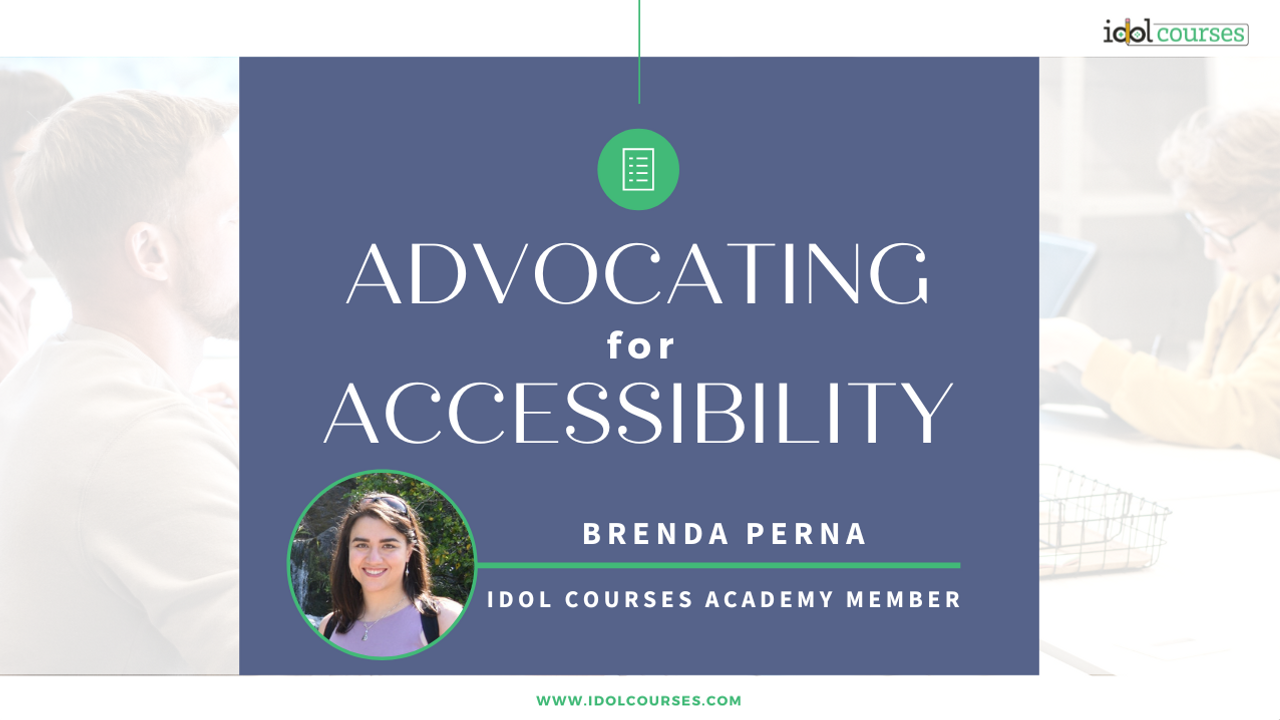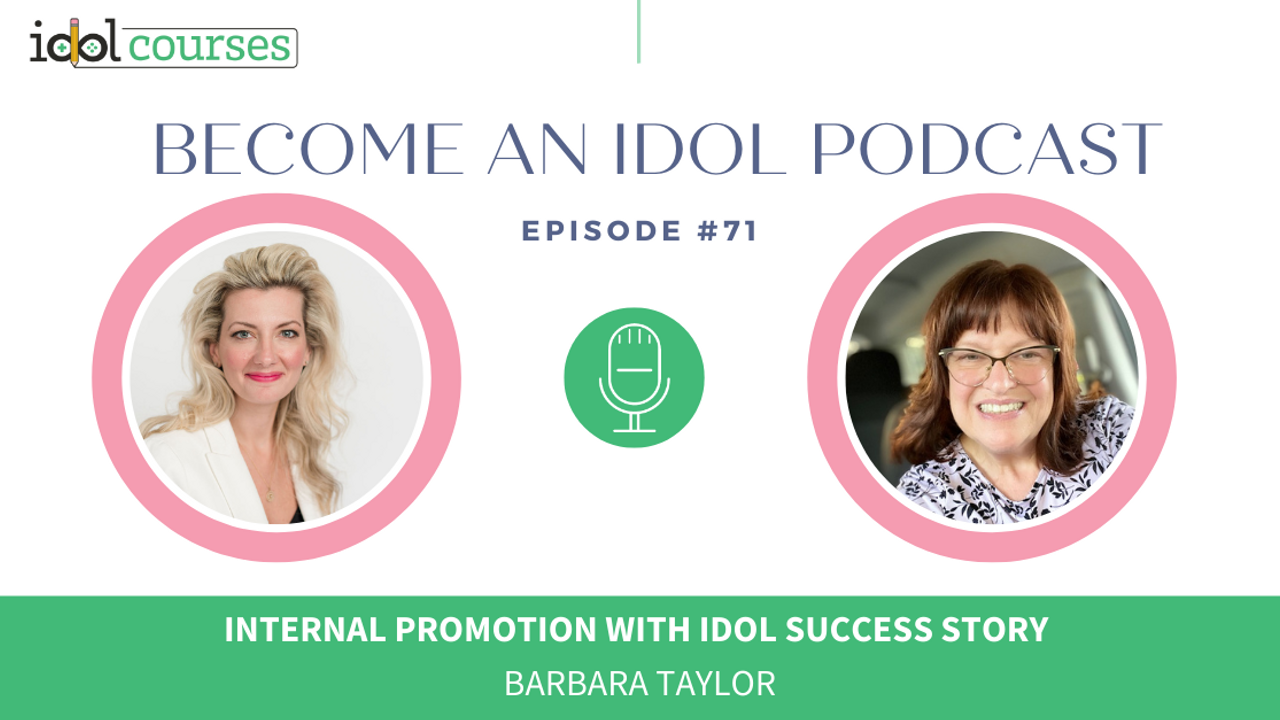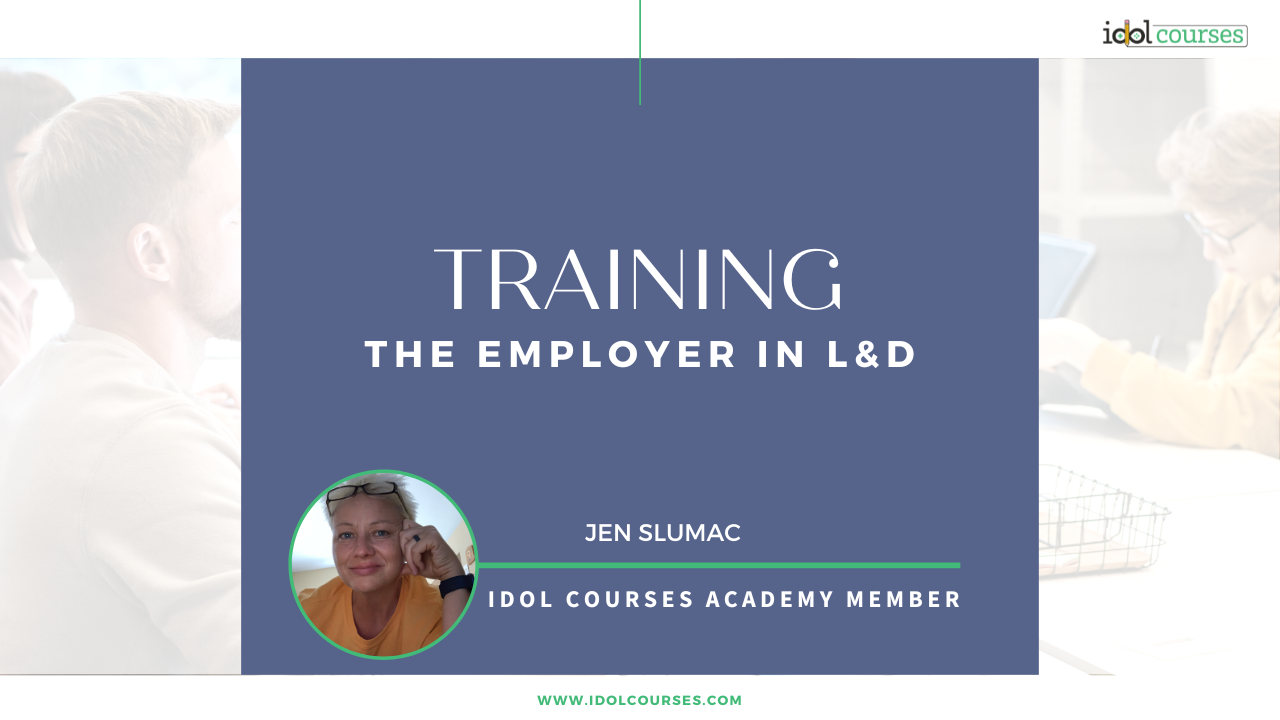
Elevate your instructional design expertise.
Stay ahead with industry news and discover valuable tips and tricks on the IDOL Blog.
Advocating for Accessibility
Dec 09, 2022
Training: The Employer in L&D
Aug 15, 2022
Event-Specific Self-Reflection
Jun 03, 2022
This Playwright Question Informs my ID Practice
May 13, 2022
Interested in joining the IDOL community?
Join our newsletter below, where we keep you updated on our upcoming cohorts, events and news within the instructional design industry.



